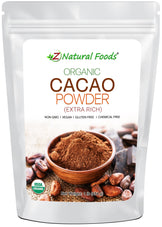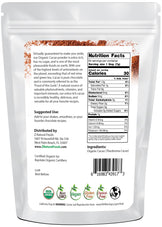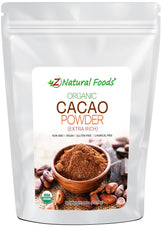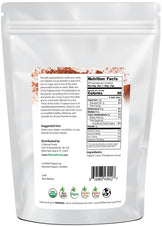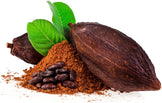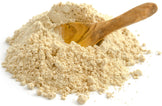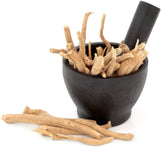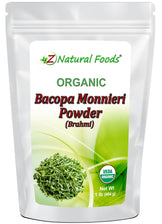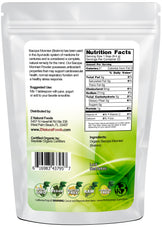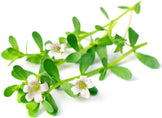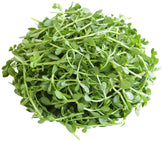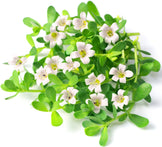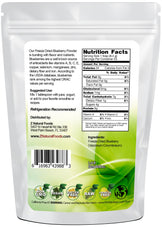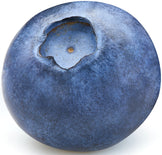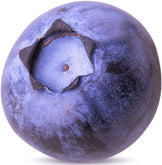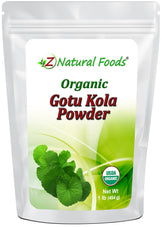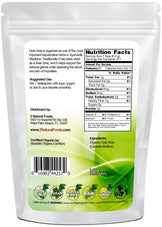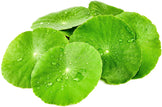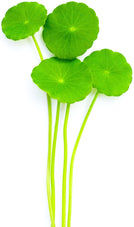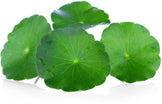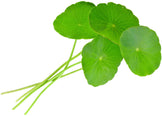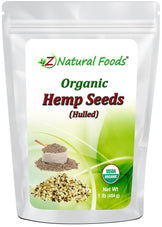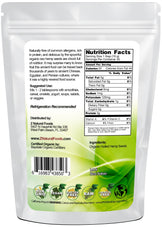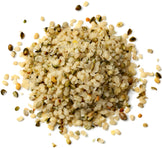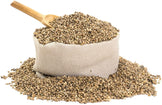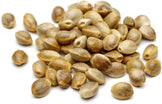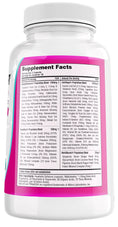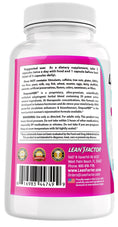ADHD

In Western medical frameworks, Attention Deficit Hyperactivity Disorder (ADHD) is defined as a chronic condition marked by persistent patterns of inattention and/or impulsivity that interfere with functioning and development, often assessed through standardized diagnostic tools like the DSM-5 (American Psychiatric Association, 2013; FDA Guidelines). Conversely, Traditional Chinese Medicine (TCM) interprets ADHD through a lens of energetic imbalances involving the heart, mind, and 'shen' (spirit), attributing cognitive disruptions to pathogenic factors such as 'fire' and 'wind' (Zhang et al., 2010, Journal of Alternative and Complementary Medicine; NIH Research). Western medicine commonly prescribes pharmaceutical interventions like stimulant medications for symptom management (Faraone et al., 2015, CNS Drugs; WHO Recommendations), whereas TCM may employ herbal formulations and acupuncture to address root imbalances (Zhang et al., 2014, Complementary Therapies in Medicine; USDA Guidelines). Both paradigms offer insightful approaches, yet necessitate collaborative research for empirical validation and harmonization of their therapeutic strategies (NIH Clinical Trials).

Categorieswhen you select any items page will be refresh and focus will be move out of the page
Health Concerns
Cacao Powder - Extra Rich - Organic
Organic Extra Rich Cacao Powder You walk into the store and make a b-line down your favorite aisle to purchase what many believ...
Current price$19.99
Ashwagandha Root Powder - Organic
The name ashwagandha is derived from two Sanskrit words – ‘ashwa’ meaning horse and ‘gandha’ meaning smell. This refers to the ...
Current price$21.99
Bacopa Monnieri (Brahmi) Powder - Org...
Bacopa monnieri, also known as Brahmi, is an herb used in the traditional Ayurvedic system for thousands of years. It is native...
Current price$14.99
Blueberry Powder - Freeze Dried
Z Natural Food believes the combination of tradition and science is a match made in heaven. These are the principle fundamenta...
Current price$39.99
Gotu Kola Powder - Organic
Gotu kola, also known as Centella Asiatica, is a perennial herb native to India, China, Indonesia, South Africa, and other part...
Current price$24.99
Hemp Seeds - Raw, Organic, Shelled
Organic Raw Shelled Hemp Seeds have been consumed as a food source for thousands of years. Hemp seeds were one of the earliest ...
Current price$14.99
EmpowHER - Ultimate Women's Health Fo...
EmpowHER is a natural anti-aging formula that targets STRESS . . . because nothing ages you faster than STRESS. EmpowHer is a c...
Current price$69.99
Feel Better. Look Better. Be Better.
Get on the list for actionable Health & Nutrition advice every week.

